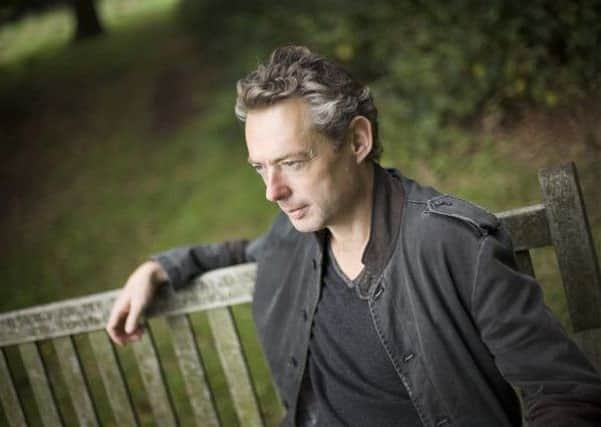Music review: Mark Padmore and Kristian Bezuidenhout


Star rating: ****
Venue: Queen’s Hall
But what made the recital so special was Padmore’s remarkable emotional subtlety and his revelatory sense of storytelling – time and again he’d sing as if he were discovering a song’s meaning, along with his listeners, as he sang through it.
He kept a lid on the intensity for the most part, even occasionally exchanging the odd smile with the audience, but power and turmoil were always simmering under the surface, exploding through in a gripping Der Atlas and Aufenthalt in Schwanengesang.
Advertisement
Hide AdAdvertisement
Hide AdAnd he dared to be simple in that cycle’s two most famous songs, with an elegant, mellifluous Ständchen and a wonderfully direct Der Doppelgänger that grew and grew until its full existential horror was finally revealed.Playing a beautifully sonorous US fortepiano modelled after Conrad Graf, South African keyboard player Kristian Bezuidenhout was surprisingly unobtrusive, but always highly sensitive and powerful when he needed to be – alongside Padmore’s subtle artistry, a model combination.